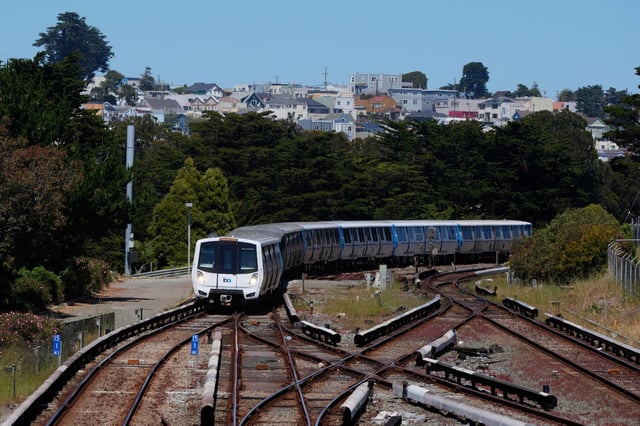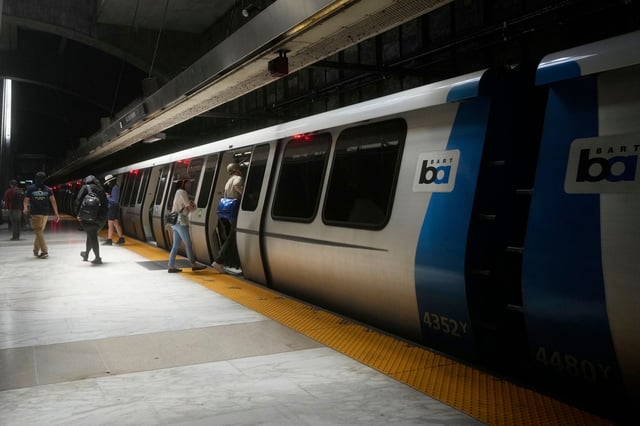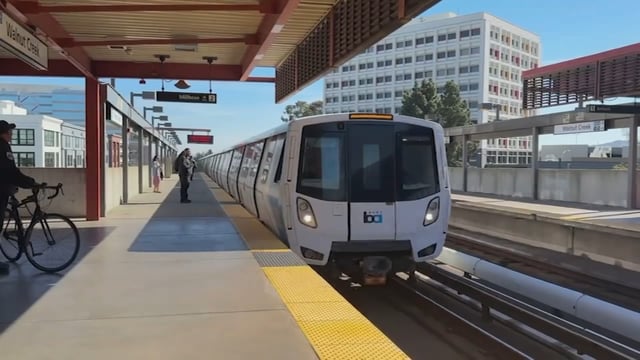Overview
- The Center for Police Equity's report concludes that BART's fare enforcement measures, including new fare gates, have not significantly enhanced safety or recovered revenue.
- The study highlights racial disparities, noting that Black riders, who make up 10% of BART's ridership, accounted for over 43% of fare evasion stops from 2021 to 2023.
- Researchers dispute BART's claim that fare evasion costs the agency $25 million annually, arguing the figure is likely overstated and lacks sufficient data support.
- The report recommends expanding non-punitive strategies, such as ambassadors, crisis intervention teams, and partnerships with social services, to address systemic issues.
- BART leadership maintains it will continue its current enforcement efforts, citing a reported 17% drop in crime last year and plans to install new fare gates at all stations by year-end.



